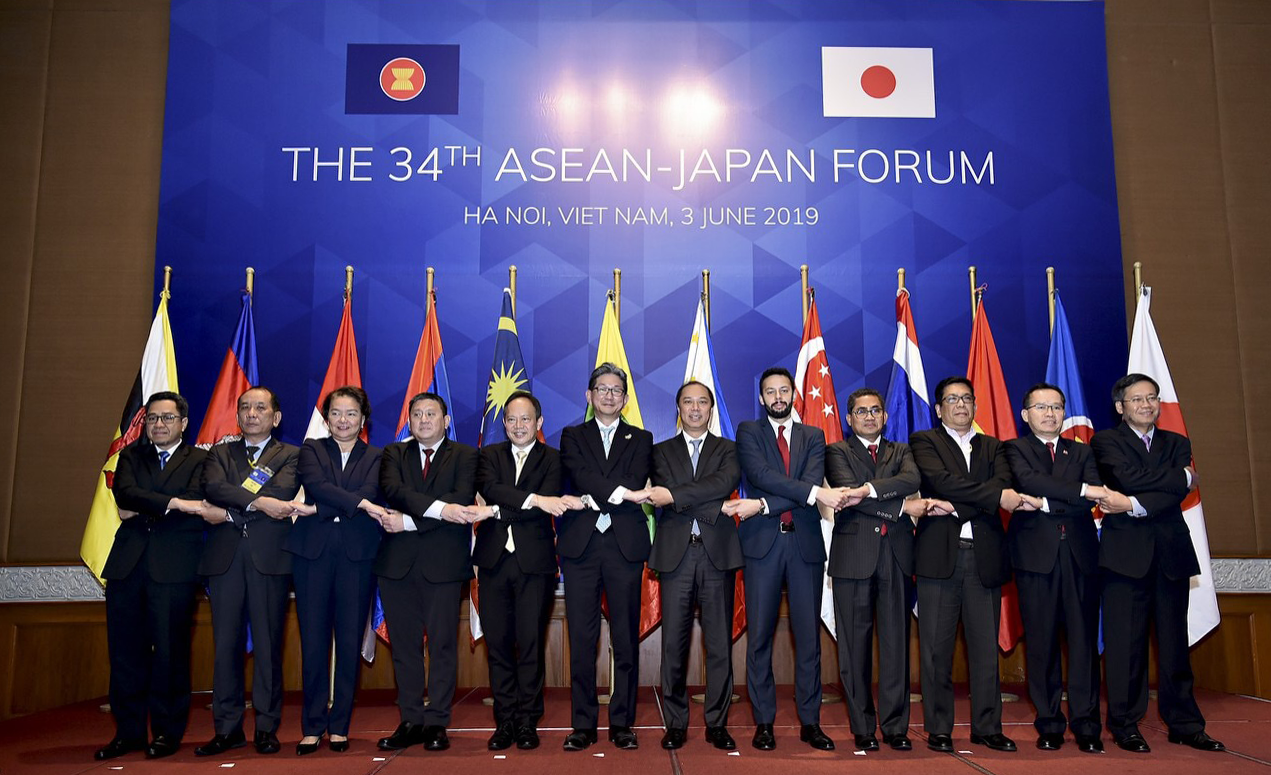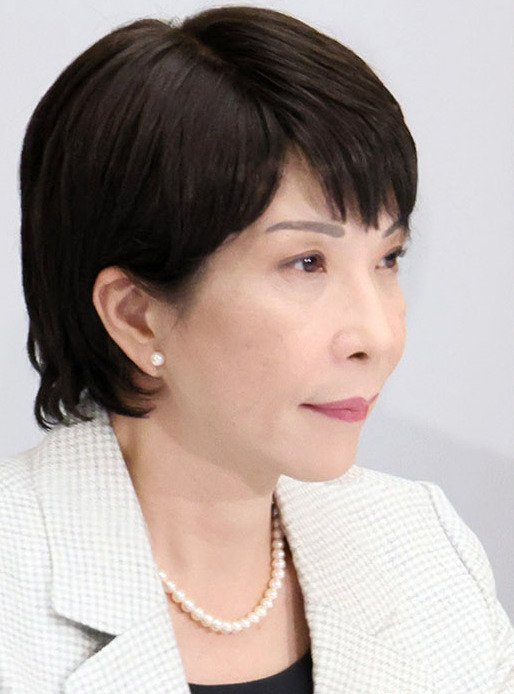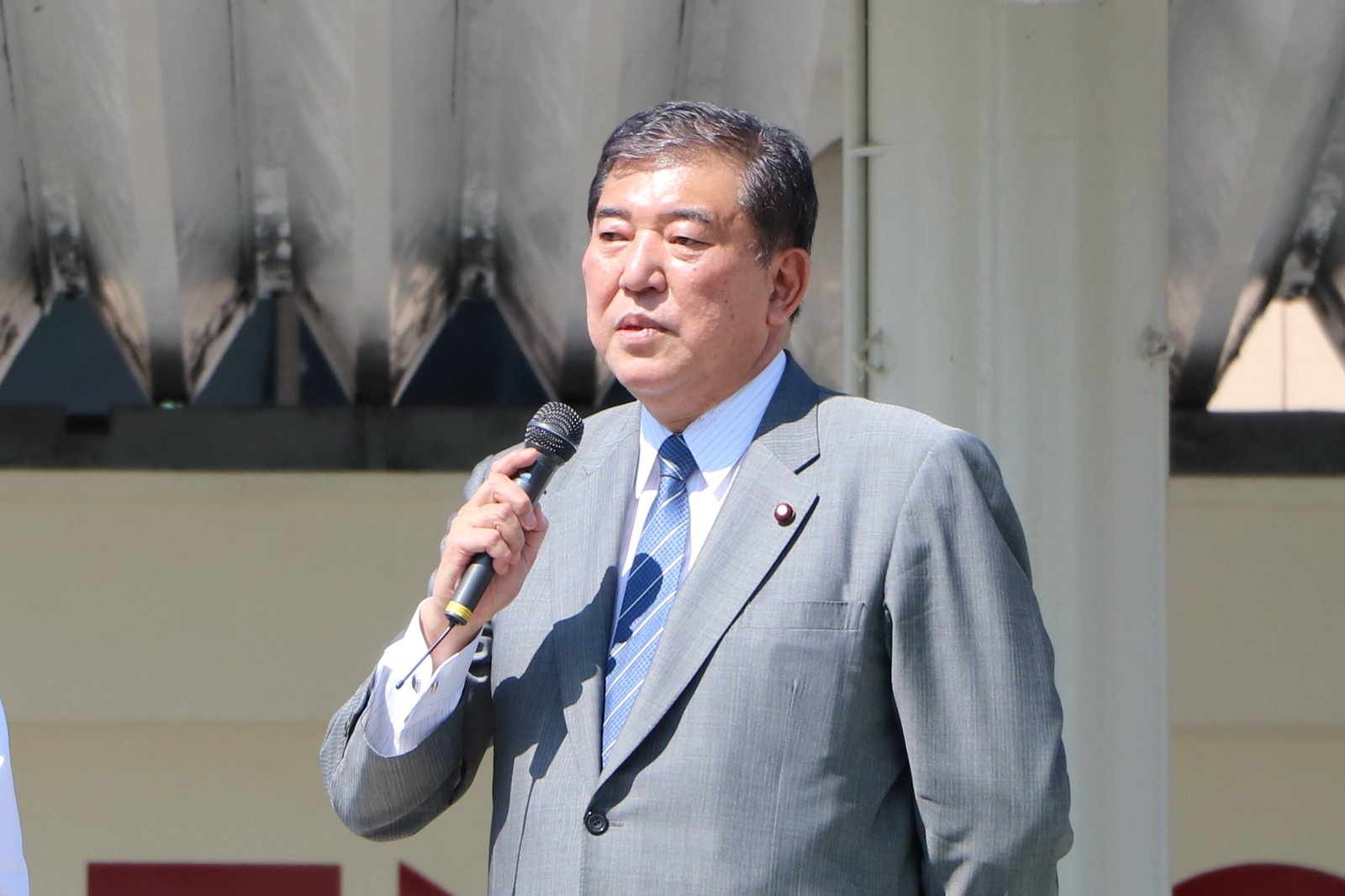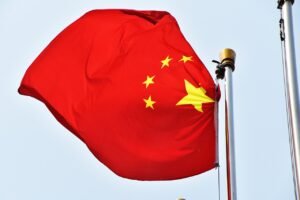Possible Japan Withdrawal from ASEAN Summits: Strategic Edge for China?
- Japan’s political transition may impact the upcoming ASEAN-related summits in October.
- The new prime minister’s potential absence could allow China to expand its influence in the developing world.
- The absence of Japan’s and the U.S.’s top leaders could significantly affect the dynamics of the ASEAN summits.
- Japan’s new leader needs to seize the opportunity for dialogue and diplomacy at the ASEAN summits to counter China’s growing influence.
Japan’s political landscape is on the brink of a significant shift as the ruling Liberal Democratic Party (LDP) gears up for its presidential election on September 27. The winner of this election will not only lead the party but will also become Japan’s new prime minister, succeeding Prime Minister Fumio Kishida. However, this political transition may have far-reaching implications beyond Japan’s borders, particularly in the context of the upcoming ASEAN-related summits in October.
The ASEAN-related summits, scheduled to take place over four days from October 8 in Vientiane, Laos, are pivotal platforms for international dialogue and diplomacy. These gatherings include meetings between the ASEAN countries, Japan, China, and South Korea, as well as an expanded summit involving the United States, Russia, India, Australia, and New Zealand.
However, the timing of Japan’s political transition could potentially prevent the new prime minister from attending these crucial summits. The domestic political constraints, including the extraordinary Diet session on October 1 to appoint Kishida’s successor and the possible general election in mid-October, may keep the new leader grounded in Japan.
Potential Impact on Japan’s Diplomacy
This potential absence of Japan’s new leader from the ASEAN summits has raised concerns among government officials. They fear that it might provide an opportunity for China to further expand its influence in the developing world, potentially undermining Japan’s diplomacy with emerging nations.
Japan has been striving to strengthen its relations with the Global South emerging and developing economies, including ASEAN members, to address regional security threats. The ASEAN summits offer valuable opportunities for Japan to hold bilateral talks with these countries. However, the absence of Japan’s new leader could result in missed opportunities, thereby weakening Japan’s diplomatic standing in the region.
The uncertainty surrounding U.S. President Joe Biden’s attendance at the ASEAN summits further complicates the situation. Biden, who would be in a lame-duck period after abandoning his reelection bid for the November 5 presidential race, may not attend the summits, paving the way for Vice President Kamala Harris as the Democratic nominee.
China’s Growing Influence
The potential no-shows by the top leaders of Japan and the United States could have significant implications. As Katsuyuki Yakushiji, a professor in diplomacy at Toyo University, pointed out, their absence would enable China to do whatever it wants in promoting its claims to regional counterparts at the upcoming ASEAN summits.
China has been extending its influence in the Global South through development aid and infrastructure investment. Some nations have joined Beijing-led platforms like BRICS, with Brazil, Russia, India, China, and South Africa as its core members, along with the Shanghai Cooperation Organization.
In the face of China’s growing clout, Japan’s new leader needs to make a strong commitment to the region in person. Otherwise, ASEAN members may increasingly lean toward China, Yakushiji warned.
Japan-China Relations Amidst the Shift
Japan’s relations with China are already strained over several issues, including the release of treated radioactive water from the crippled Fukushima Daiichi nuclear plant into the sea and China’s subsequent ban on Japanese seafood imports. China’s military activities are also a matter of concern.
In this context, Japan should use the ASEAN summits not only to get closer to the Global South but also to improve relations with China, foreign affairs experts suggested. The summits have traditionally provided Japan with a window of opportunity for dialogue with China and others, which Japan should take advantage of, a Japanese official said.
In conclusion, the upcoming LDP presidential election and the subsequent political transition in Japan could have significant implications for the country’s diplomacy and its relations with the Global South and China. The new leader’s potential absence from the ASEAN summits could provide China with an opportunity to expand its influence in the region, thereby posing a challenge to Japan’s diplomatic efforts. Therefore, it is crucial for Japan’s new leader to make a strong commitment to the region and seize the opportunity for dialogue and diplomacy at the ASEAN summits.














Post Comment